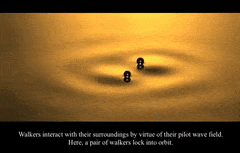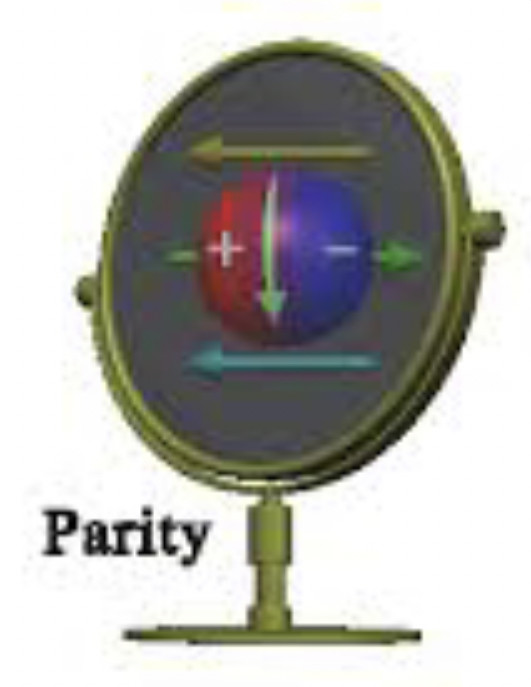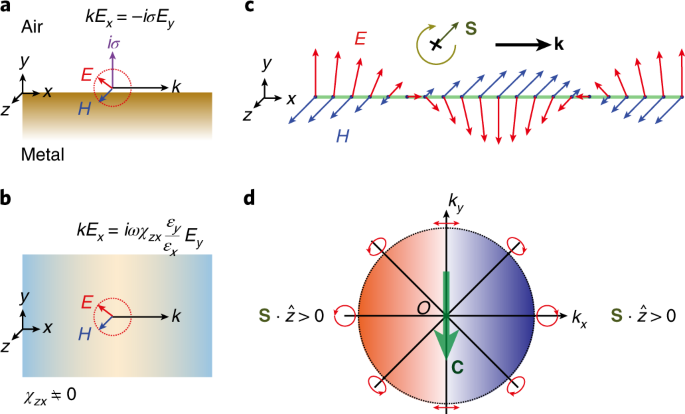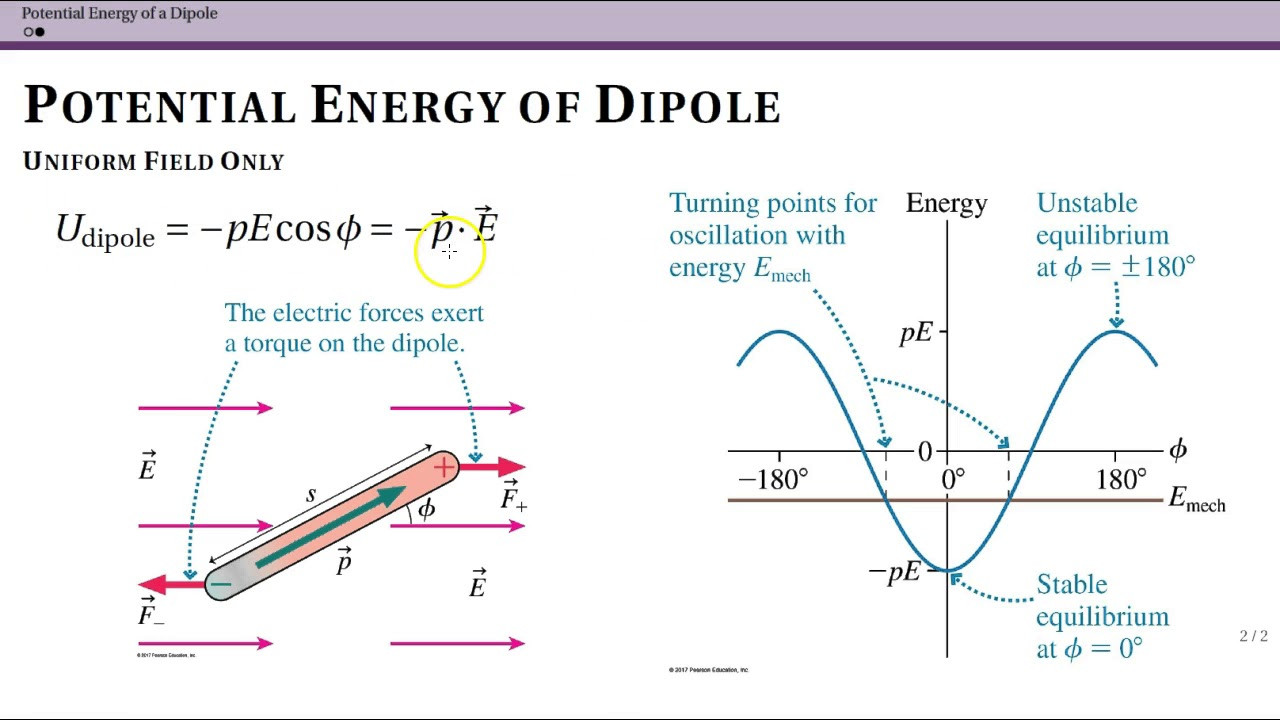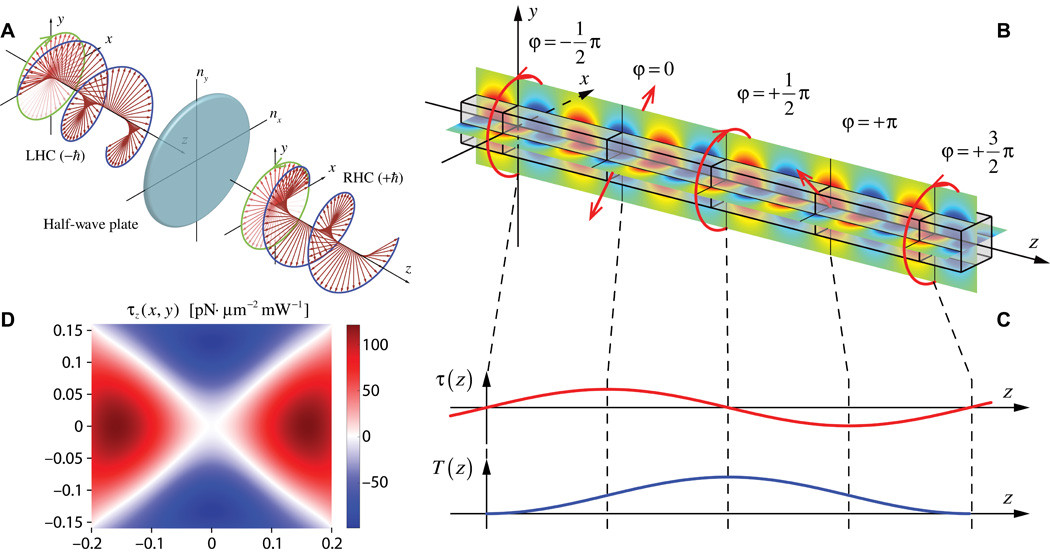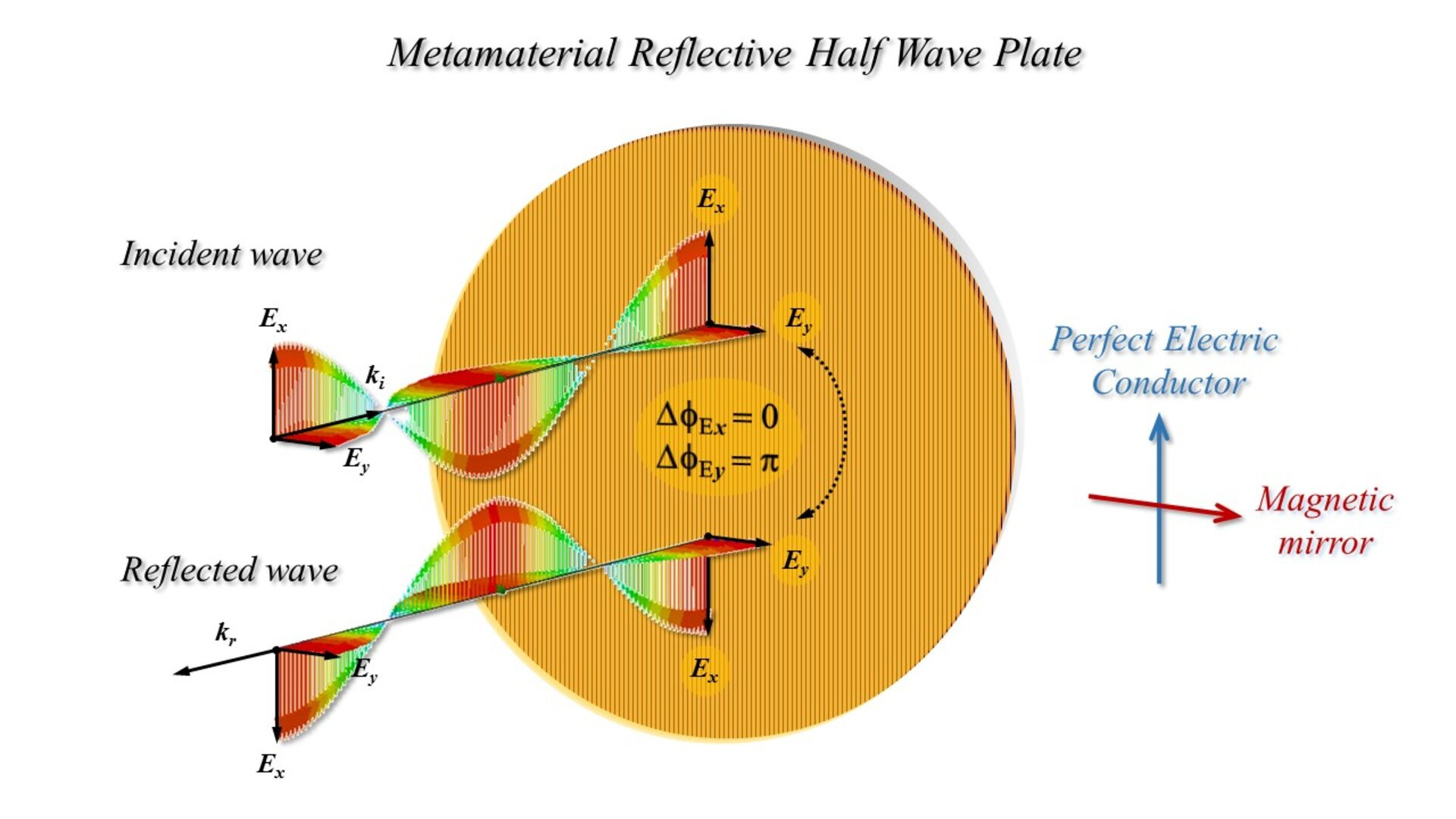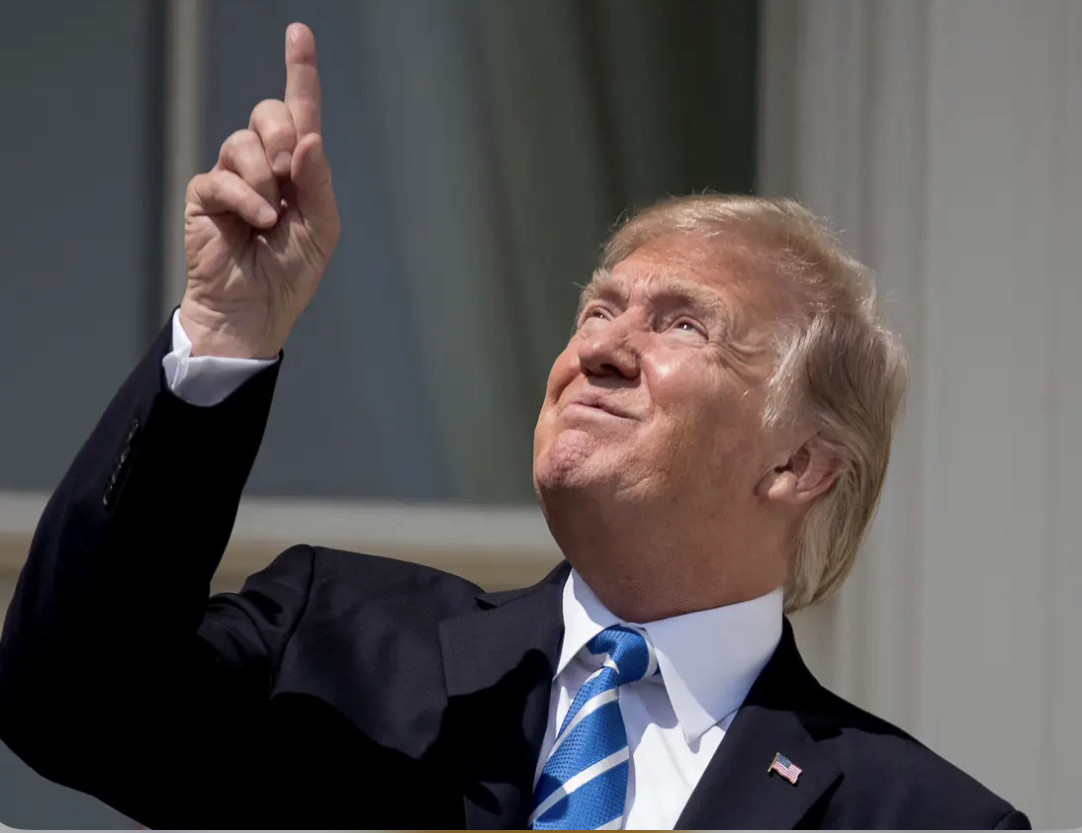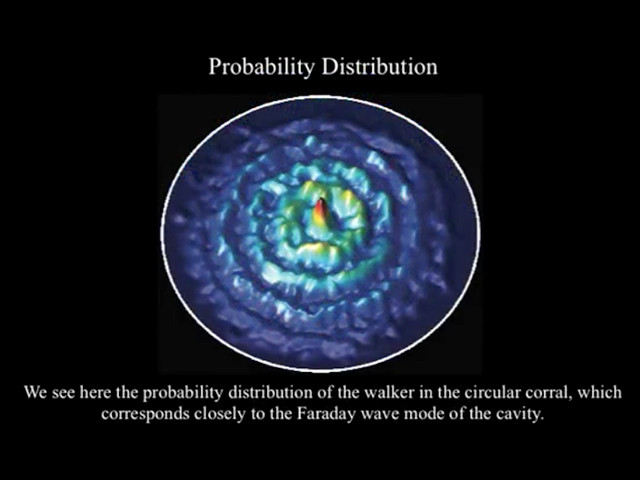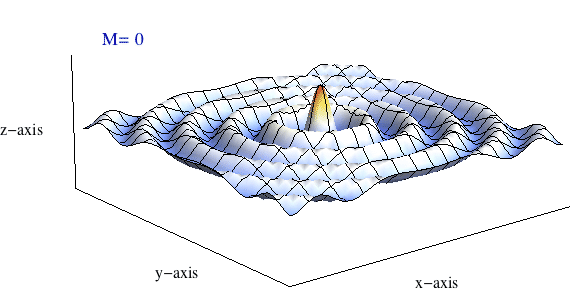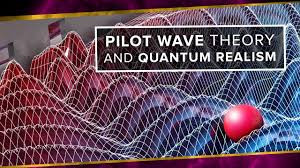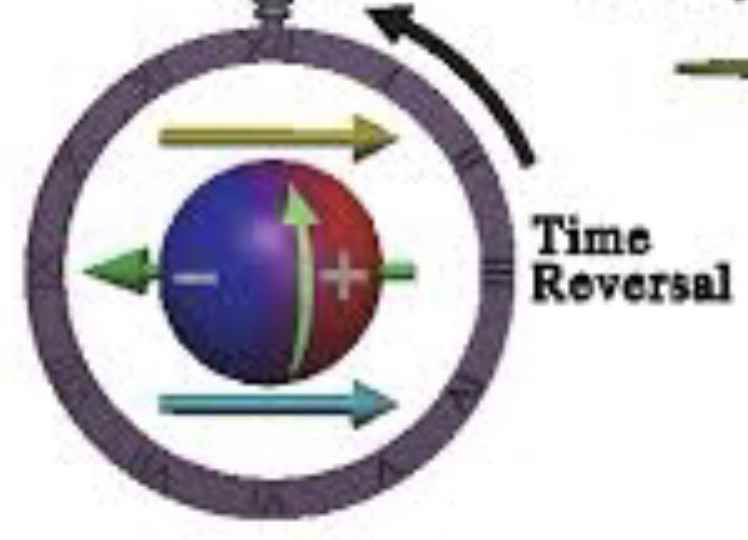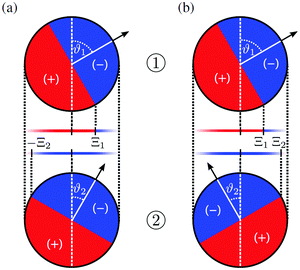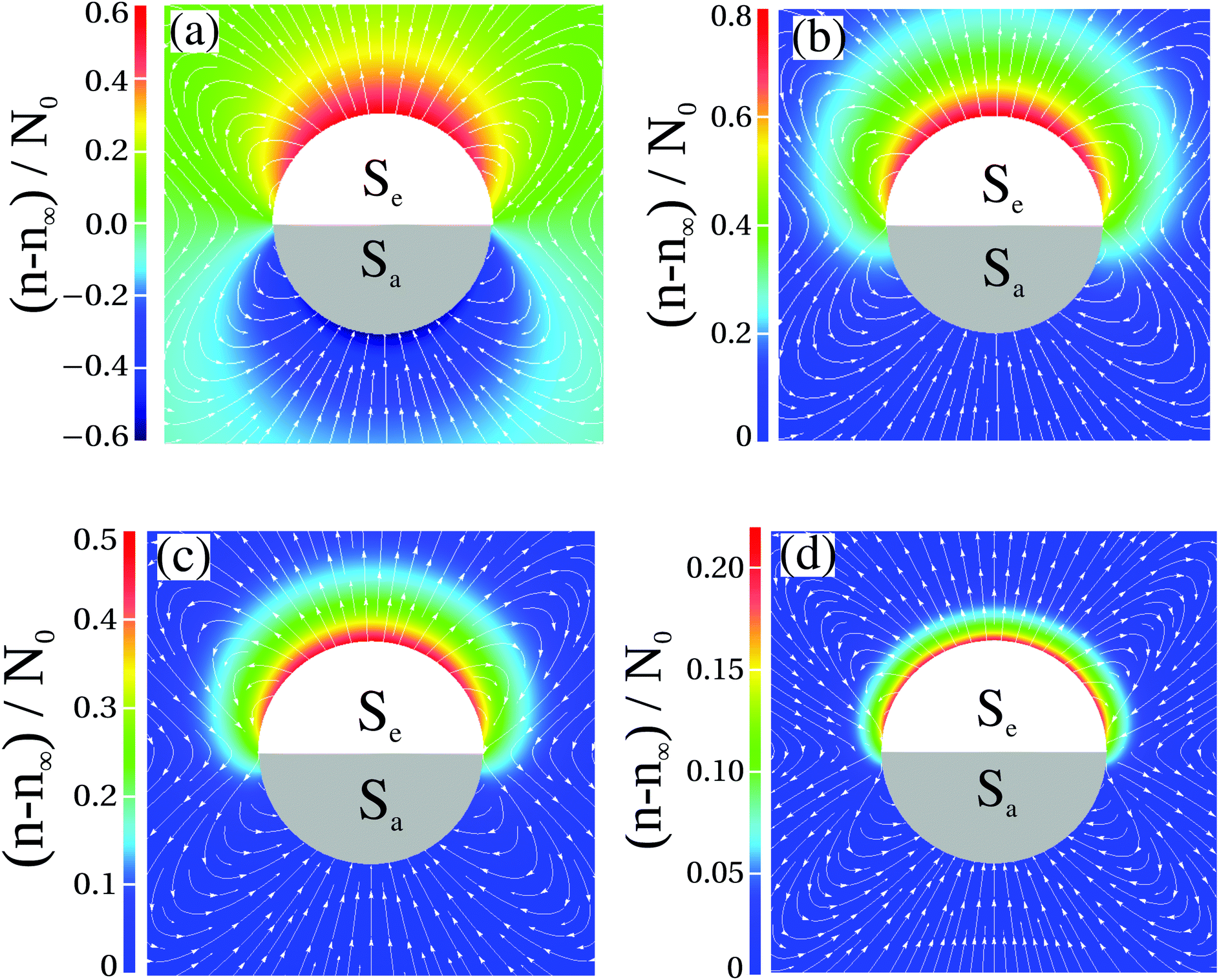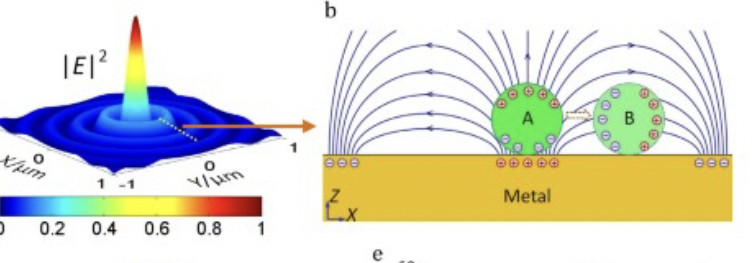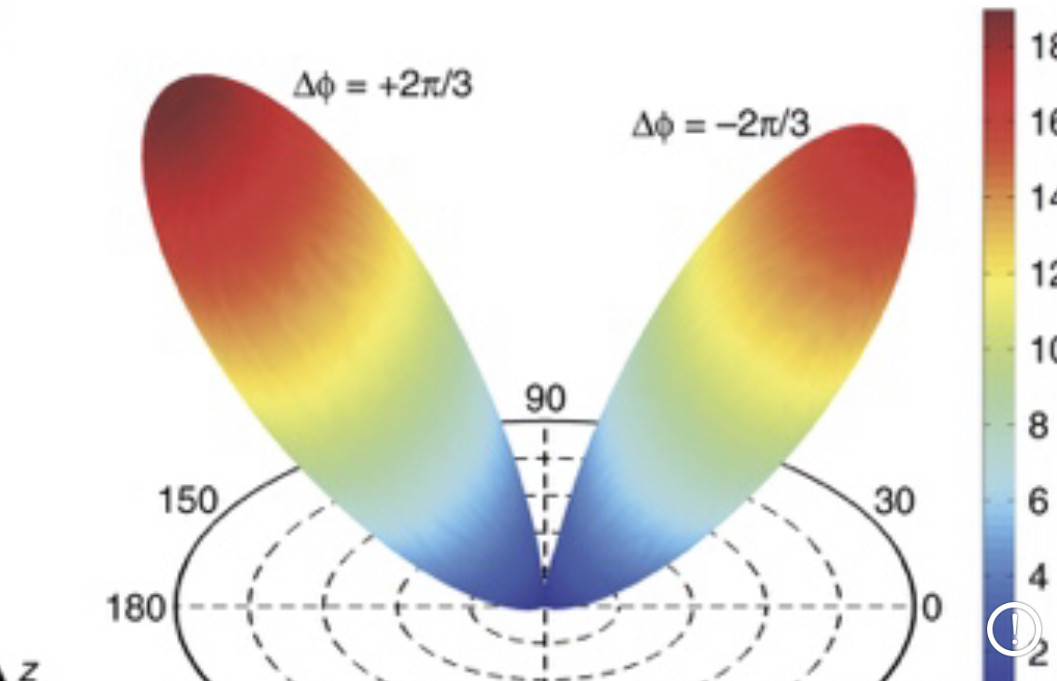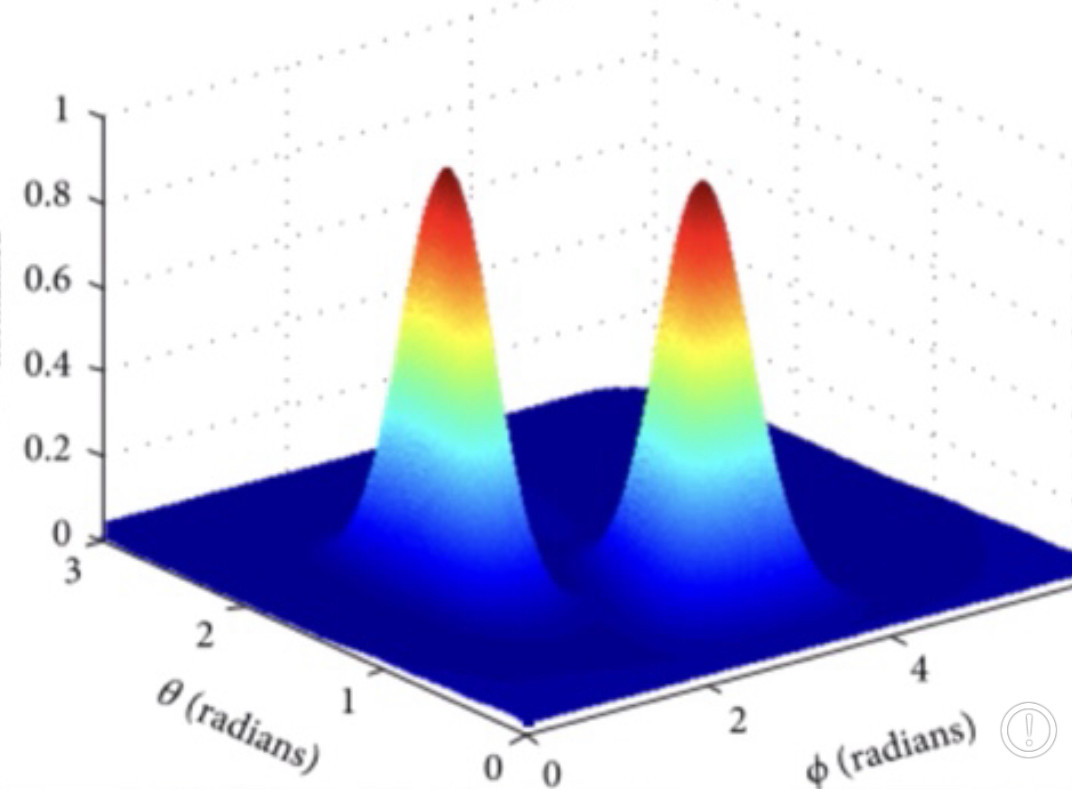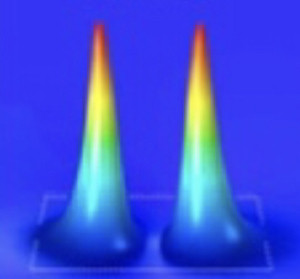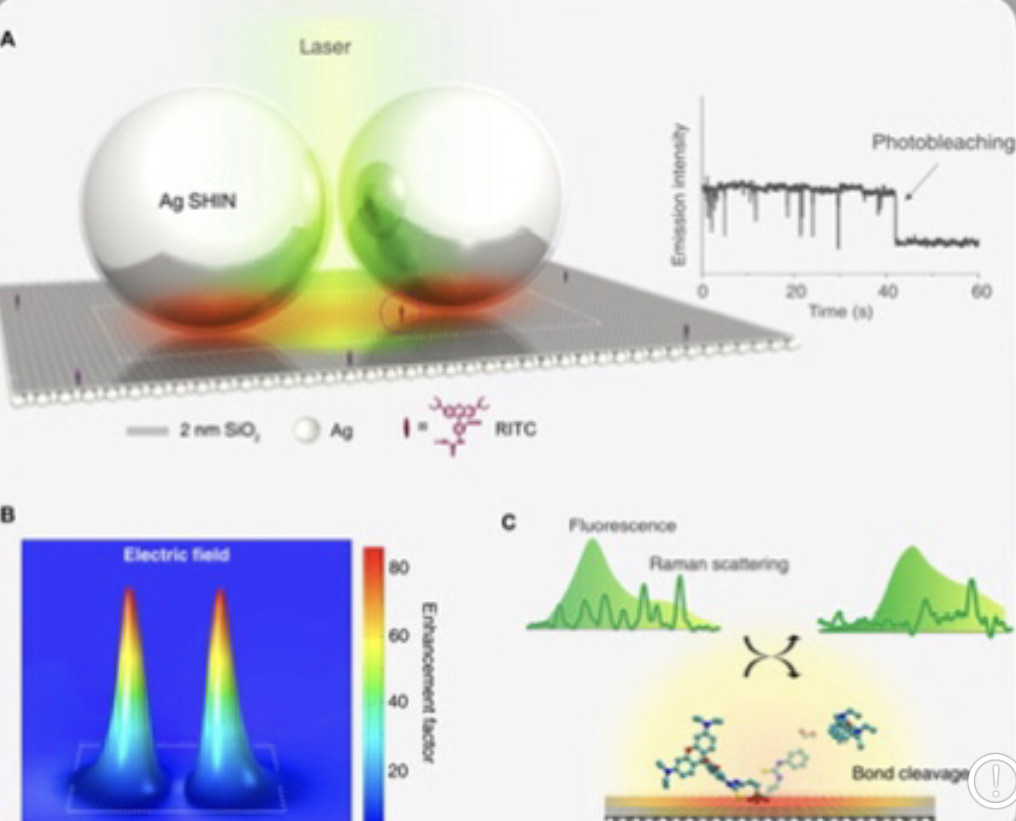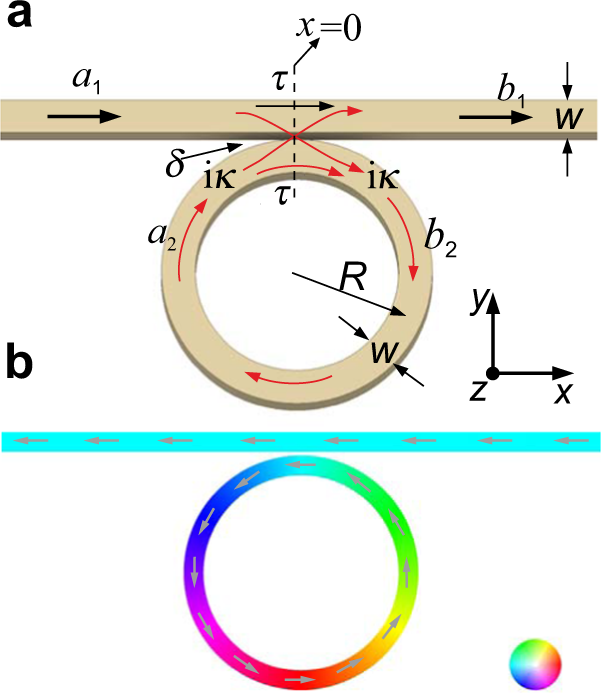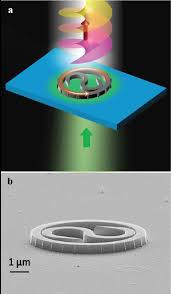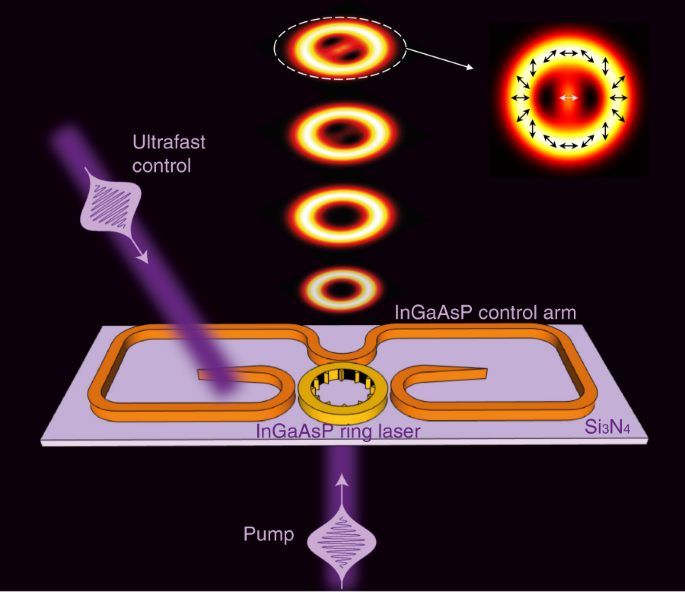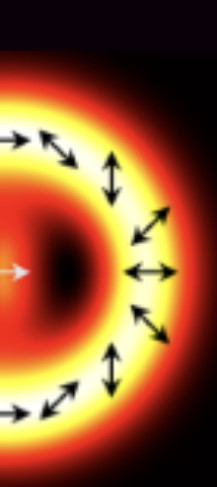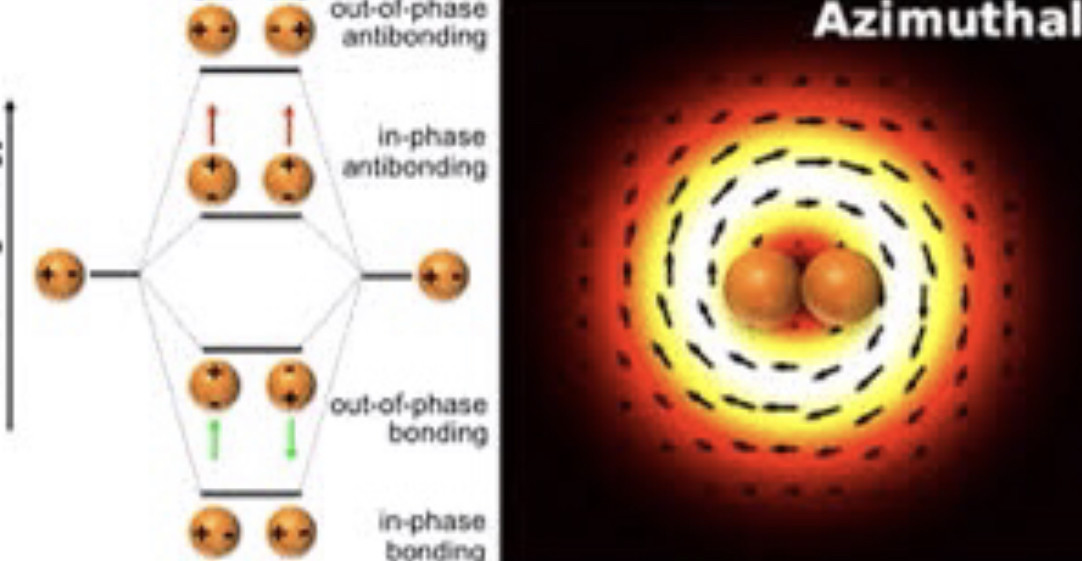@themac
But I think that these walkers have a opposite charge: one is +, the other -, so to say. When these charges are comming together, they will merge? Besides that, this is a 2 D projection> but in reallity there is a third and fourth motion that keeps them from merging?
Do you believe the earth to be a sphere or to be a manifestation of light bending to create a sphere, that is ... do you have mathematical evidence that the earth is flat?
HAhahha, yes you are so helpful. A floating treat,now I'm hungry!
Is there a pyramid at the north pole?
This would logically answer everything.
Everything points to the capstone being removed.
The whole point of human beings.
The peoples.
We created the light... and we will a gain.
A
L
ASER
BE
AM
S
I
R
I
S
O
S
⬆️
O
.
.
.
.
.
.
.
i
os
i
ris
e👈🏻
Intriguing ... looks like a precursor to efficient energy ... whereas you think, its more about creation, fertility & the Legend of the Egyptian God Osrisi ... why oh why would he leave Egypt to retire in Antartica, esp in an after life? I'm back to polar attractions and magnetic energy. : ) ... thanks, you're interesting.
Scoto- comes from the Greek skótos, meaning “darkness.” This Greek root is unrelated to Scots, Scottish, and Scotland.
céltico m (feminine singular céltica, masculine plural célticos, feminine plural célticas, not comparable)
Celtic (of the Celts; of the style of the Celts)
Alba is the Scottish Gaelic name for Scotland. It is cognate with the Irish term Alba (gen. Alban, dat. Albain) and the Manx term Nalbin, the two other Goidelic Insular Celtic languages, as well as contemporary words used in Cornish (Alban) and Welsh (Yr Alban), both of which are Brythonic Insular Celtic languages. (The third surviving Brythonic language, Breton, instead uses Bro-Skos, meaning 'country of the Scots'.) In the past these terms were names for Great Britain as a whole, related to the Brythonic name Albion.
Ancient Greek name derived from βίος (bios) meaning "life".
bi-
/bʌɪ/
combining form
prefix: bi-
two; having two.
"bicoloured"
occurring twice in every one or once in every two.
"bicentennial"
lasting for two.
"biennial"
doubly; in two ways.
"biconcave"
CHEMISTRY
(in names of compounds) containing two atoms or groups of a specified kind.
"biphenyl"
CHEMISTRY
denoting an acid salt.
"bicarbonate"
BOTANY•ZOOLOGY
(of division and subdivision) twice over.
"bipinnate"
from Latin, ‘doubly, having two’; related to Greek di- ‘two’.
Dios comes from Latin deus, from PIE *deiuós 'God'.
dipole (plural dipoles)
(physics) any object (such as a magnet, polar molecule or antenna) that is oppositely charged at two points (or poles)
(chemistry) any molecule or radical that has delocalised positive and negative charges
(radio) a dipole antenna
pole
/pəʊl/
noun: pole; noun: North Pole; noun: South Pole
either of the two locations ( North Pole or South Pole ) on the surface of the earth (or of a celestial object) which are the northern and southern ends of the axis of rotation.
GEOMETRY
either of the two points at which the axis of a circle cuts the surface of a sphere.
plural noun: poles
GEOMETRY
a fixed point to which other points or lines are referred, e.g. the origin of polar coordinates or the point of which a line or curve is a polar.
BIOLOGY
an extremity of the main axis of a cell, organ, or part.
each of the two opposite points on the surface of a magnet at which magnetic forces are strongest.
each of two terminals (positive and negative) of an electric cell, battery, or machine.
one of two opposed or contradictory principles or ideas.
"Miriam and Rebecca represent two poles in the argument about transracial adoption"
late Middle English: from Latin polus ‘end of an axis’, from Greek polos ‘pivot, axis, sky’.
via German from Polish Polanie, literally ‘field-dwellers’, from pole ‘field’.
the region in which a particular condition prevails, especially one in which a force or influence is effective regardless of the presence or absence of a material medium.
the force exerted or potentially exerted in a field.
"the variation in the strength of the field"
verb
verb: field; 3rd person present: fields; past tense: fielded; past participle: fielded; gerund or present participle: fielding
magnetic field
noun
a region around a magnetic material or a moving electric charge within which the force of magnetism acts.

